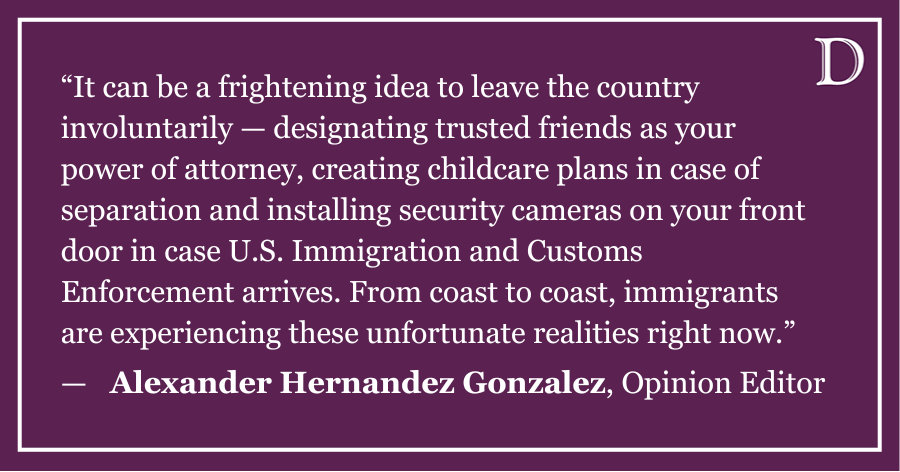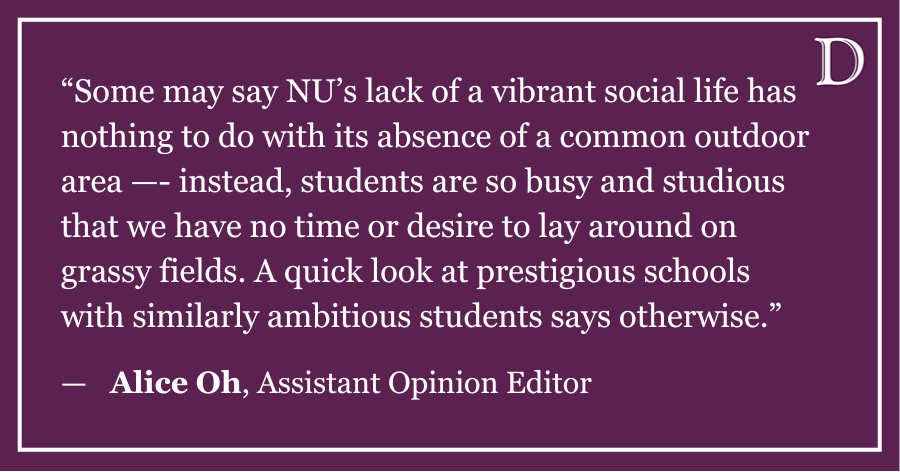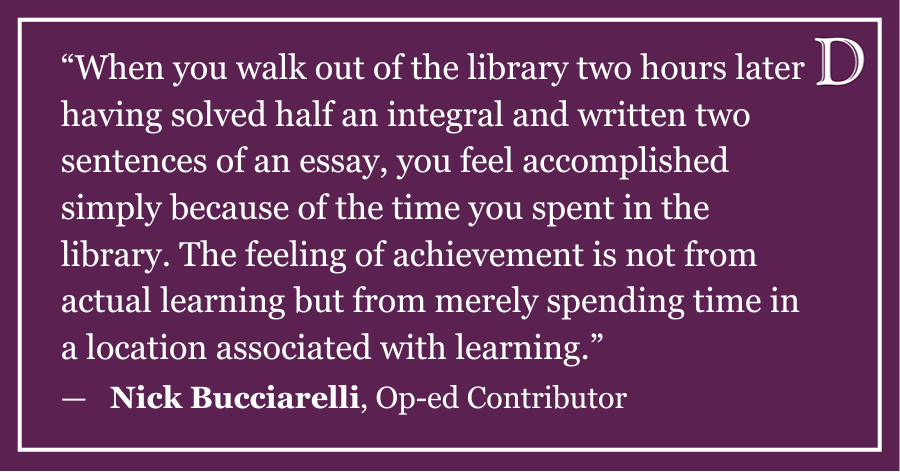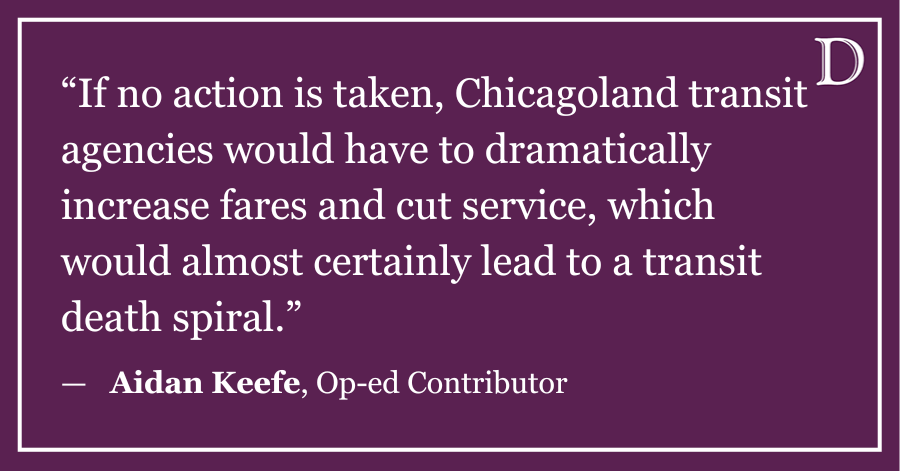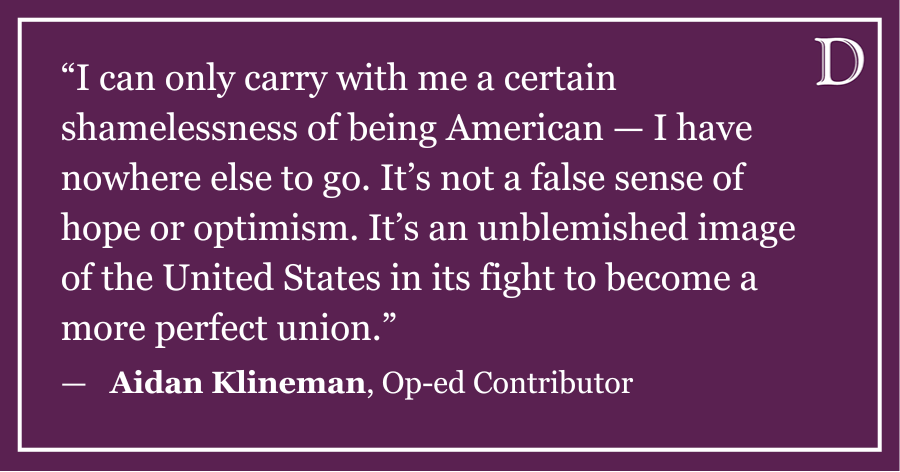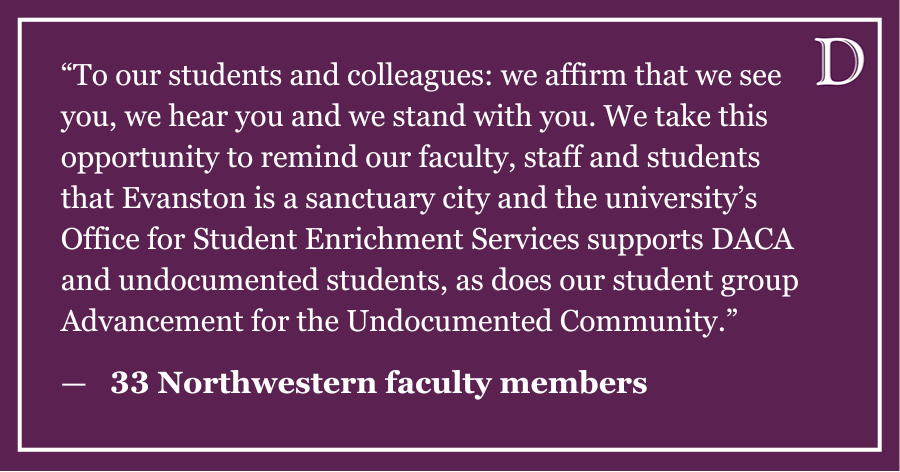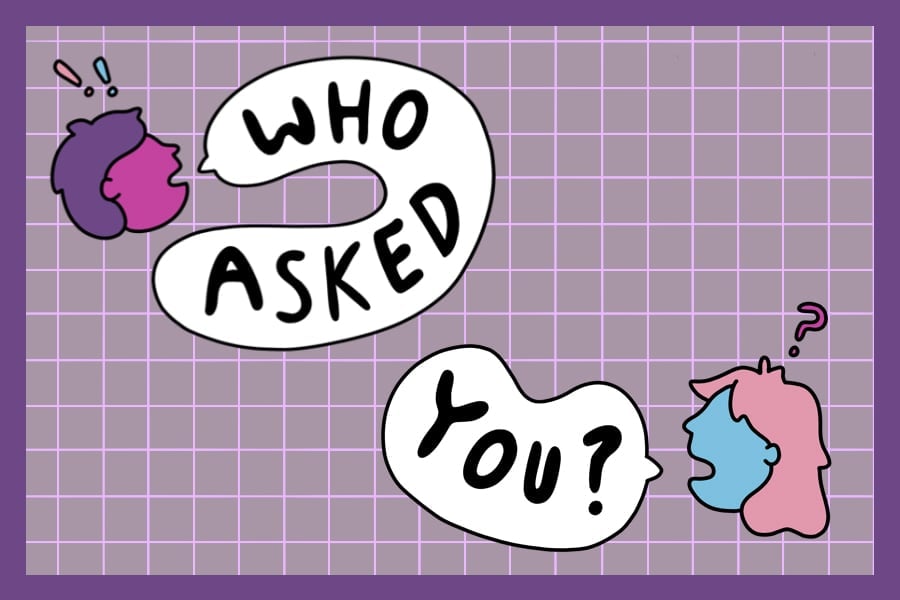The University Police’s recent arrest of two professors, a librarian and a graduate student over their role in campus protests against Israel’s genocide in Palestine represents a new and audacious low for the University’s leadership.
Thankfully, Cook County officials declined to prosecute the individuals, rejecting the Class-A misdemeanor charges filed by Northwestern police against the four University employees.
The charges alleged the obstruction of law-enforcement operations at the onset of the pro- Palestinian encampment, on the morning of April 25.
In truth, the four community members in question courageously shielded student demonstrators from a repressive and assaultive brigade of police officers, positioning their bodies between law enforcement and their more vulnerable comrades, a quintessential strategy of nonviolent civil disobedience.
As NU’s chapter of Educators for Justice in Palestine noted in a July 15 statement, “On that morning, the Northwestern University Police Department (NUPD) and the campus grounds crew (including trucks and bulldozers) assembled in a violent show of force directed at peacefully demonstrating students. As educators in support of Palestinian liberation and our Arab and Muslim students and their allies, faculty and staff participated in an act of care, solidarity, and in defense of the rights of students.”
Indeed, the faculty and staff members who joined students to oppose Israel’s systematic slaughter and starvation of the Palestinian people exemplify the very best of NU. Their decision to take a stand against Israel’s crimes against humanity channels what the great anti-Zionist Jewish scholar Noam Chomsky called “the responsibility of intellectuals,” that is, quite simply, “to speak the truth and to expose lies.”
In its attempted criminalization of vigorous protest—an essential tactic of speaking truth to power—NU’s administration has desecrated this cardinal scholastic obligation.
Universities, at their best, are built for unbridled and daring truth-seeking endeavors, facilitating intellectual and political projects that relentlessly challenge the status quo. The movement against Israel’s genocide in Palestine bespeaks this elemental truth-seeking imperative, if only administrators would grant the movement the expressive and intellectual freedom they promise to all community members in the abstract.
Lest we forget, it is incumbent upon academic institutions to protect the broadest possible range of speech and inquiry—and, in that spirit, to absolutely refrain from criminalizing or sanctioning words and actions whose overarching purpose resides in the furtherance of a political, intellectual or ethical idea, such as the cessation of a genocide and the liberation of a colonized people.
Deploying the police against protesters is, accordingly, not only an act of moral cowardice but an elementary violation of academic freedom and institutional equity.
Furthermore, the specificity of NU’s tactics—targeting pro-Palestinian protesters on the University’s payroll—is a microcosm of the distinct and opportunistic stigmatization of pro-Palestinian voices across the American academy.
The repression of anti-genocide activists since Oct. 7, 2023, constitutes a larger scheme of obfuscation, whitewashing Israel’s pulverization of Gaza and American universities’ long-term complicity in Israeli apartheid and militarism.
Craven authoritarianism, however, is unlikely to deter those of us committed to Palestinian liberation, including the countless anti-Zionist Jewish students who have stood shoulder to shoulder with their Arab and Muslim peers.
To be sure, NU’s leaders have faced tremendous external pressure from pro-Israel lawmakers and organizations after they struck an agreement with representatives from the pro-Palestinian encampment on April 29. (The Anti-Defamation League, for instance, has called for the resignation of University President Michael Schill.) But that is no excuse for harnessing the iron fist of law enforcement against anti-genocide demonstrators.
Amid heightened public scrutiny, an institution’s true colors—its true interests, its true governing logics—tend to emerge. By deciding to arrest four of its own employees for their role in the pro-Palestinian struggle on campus, NU has succumbed to political and carceral forces invested in the liquidation of Palestine, the crushing of anti-Zionist dissent, and the undermining of higher education writ large.
In any event, administrators should know that they will inevitably fail to appease pro-Israel pressure groups, no matter how many principles fundamental to the University’s mission they are willing to compromise.
It is a fool’s errand to treat bad actors as good-faith partners.
Samuel Aftel is a PhD student in the Department of English, where he studies postcolonialism, Marxism, and Jewish American literature. He can be contacted at samuelaftel2029@u.northwestern.edu. The views expressed in this piece do not necessarily reflect the views of all staff members of The Daily Northwestern.
